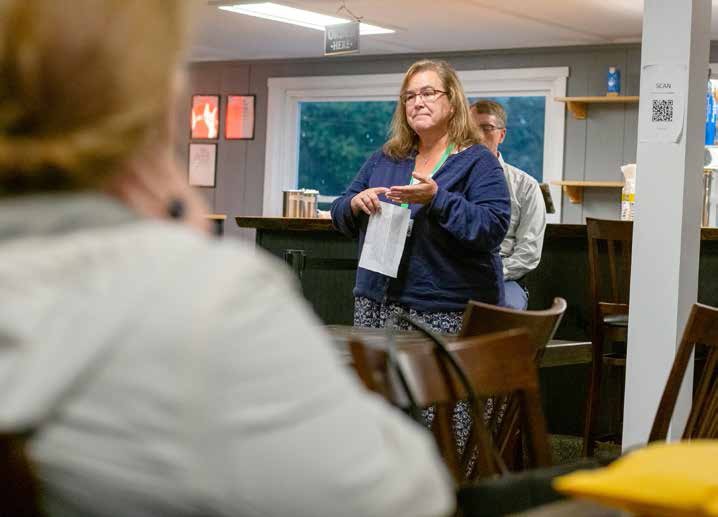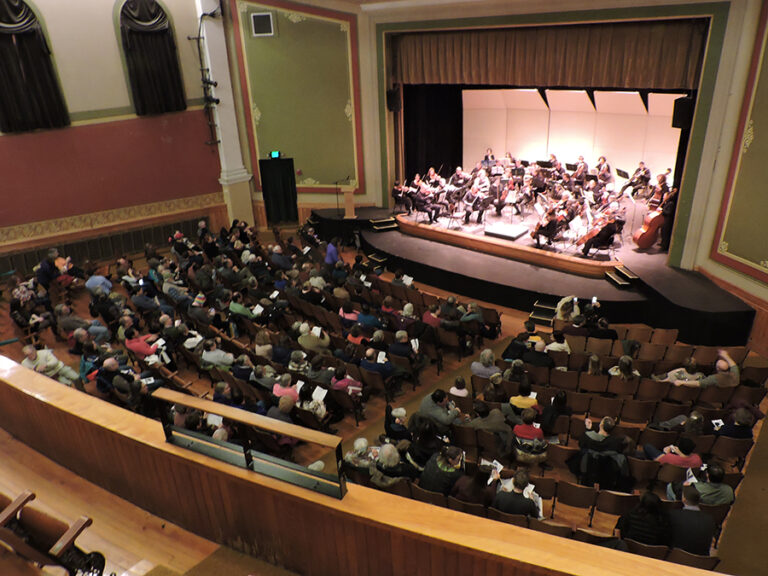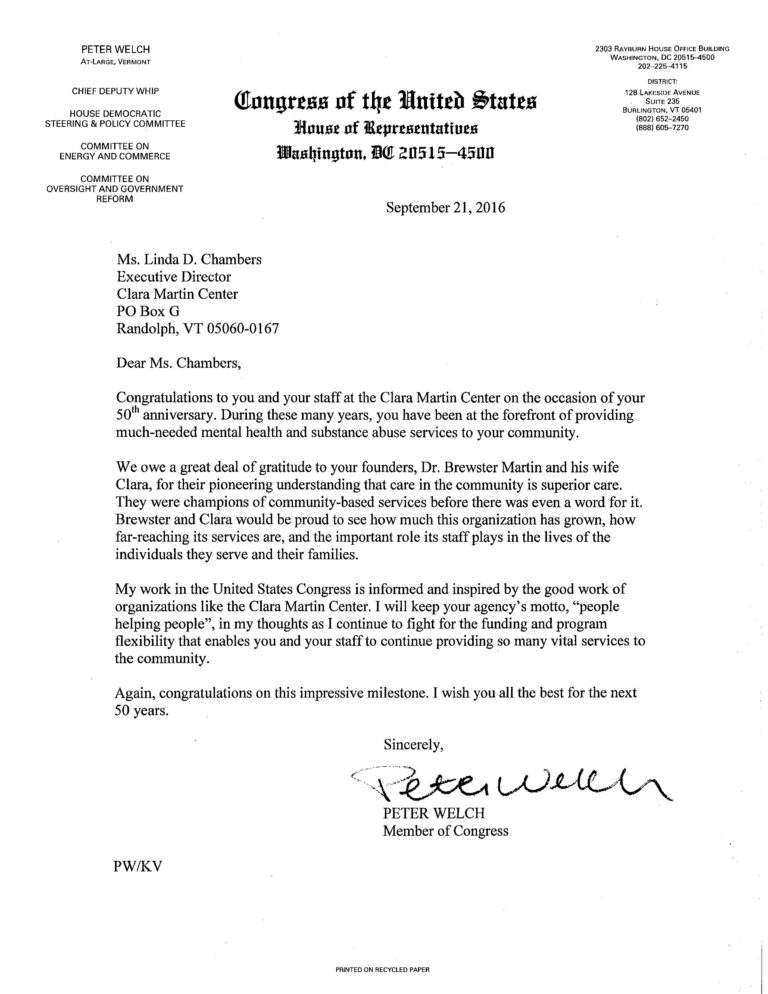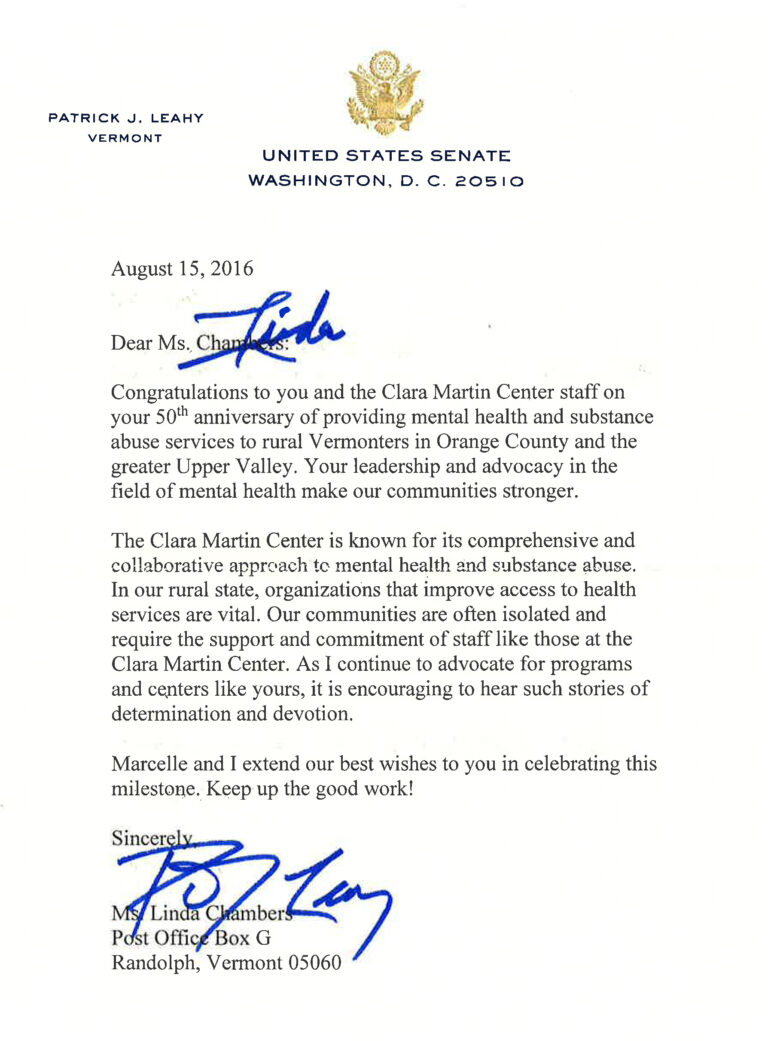Social Services Hope to Hear from White River Valley

Gifford Health Care— the umbrella organization for the Randolph hospital, a number of satellite clinics, and the Morgan Orchards retirement community— hosted the first in its series of listening-tour events Monday evening.
The first event was held in the dining room at Montague Golf Club in Randolph and was somewhat sparsely attended, most of the participants coming from Gifford and its partner organizations.
In the past several years, medical providers across the state have begun moving away from a tradition of treating ailments as they arise to a more proactive approach of ensuring the health of the population through preventative care, a shift which may someday yield financial savings as more expensive treatments become less necessary. With that philosophy in mind, Gifford has joined forces with other area social-service organizations to try to tackle some of the daily issues that affect people’s overall health or that make healthcare difficult to access.
On hand for the listening session were representatives from Capstone Community Action, the Clara Martin Center, and Tri-Valley Transit. Gifford President Dan Bennett introduced people oneby one and gave them time to talk about how their groups’ missions overlap with the medical center’s health goals.
Linda Anderson from Capstone described her group as “an anti-poverty organization.” She talked about a number of ongoing programs, including providing emergency heating fuel assistance, work finding services for people experiencing homelessness, and job coaching and training, among others.
The Clara Martin Center’s Melanie Gidney, who was named executive director in 2020, detailed her organization’s role as a “designated agency,” a state title that charges it with mental-health and related services in the Orange County area. She said that demand for substance abuse services has been climbing dramatically over the past few years, noting that “the pandemic put it on steroids.”
“People were challenged before” the COVID-19 pandemic, Gidney said, “and they’re definitely challenged now.”
Like others, she also noted that keeping staff had become a particular challenge, but nonetheless the agency is working toward a same-day access program for which it recently won a grant.
One recent addition to the array of Clara Martin services is a program dedicated to helping people deal with stress and anxiety related to the flooding in July, for which Clara Martin won a grant from FEMA.
Who’s Doing What?
Rebecca O’Berry, Gifford’s vice president of operations, talked about a major overhaul to the organization’s medical records systems.
Currently, she said, there are three separate systems (and a fourth at the Menig Nursing Home) where patient medical information is stored, making keeping track of patients across services a headache for providers.
“It’s kind of embarrassing,” she said, “when we don’t know you were in the ER the other day” at an appointment with a primary care provider.
Solving that problem has been a monumental project, O’Berry said, but she’s been spearheading efforts to consolidate everything into a single electronic medical record that will allow for better communication among the hospital’s myriad offices and allow patients to view their information at a single online portal.
The population’s health can be positively impacted, she said, by making sure that a patient’s data is consistent across visits and that different offices aren’t duplicating efforts or unknowingly working against one another.
With a smile, O’Berry said the new records system will go live in early October.
Finally, Mike Reiderer talked about how Tri-Valley Transit plays a role in the local health care landscape.
“Transportation just weaves its way into all of those needs,” he said.
In rural reaches of the area, transportation to and from medical appointments or other necessities can be a real challenge for older people who don’t get around easily or for anyone without access to a car.
He outlined a dizzying menu of programs the outfit offers to help people arrive at their destinations—some of which are federal programs with stringent eligibility requirements—and noted that TVT’s dispatchers have become adept at figuring out how to make connections for people “so you don’t have to worry about what box you fit in.”
Broadly speaking, TVT, which came out of a merger of Stagecoach and Addison County Transit, offers busing along several routes through central Vermont and also what Reiderer called a more “invisible service,” in the form of volunteer drivers who make one-on-one trips with those in need.
Altogether, Bennett said, summarizing the various groups’ efforts, everyone is focused on improving the health of the population generally. That goal, it is hoped, will help in driving down the cost of healthcare in the long run and “help people live better lives.”
Helping People, Getting Out the Message
When the presentations wound down a smattering of questions came from the audience.
Kristen Chandler asked whether TVT had any capabilities for giving rides when people are discharged from the hospital late at night.
Reiderer said that staffing issues make that difficult, however, he has a small cadre of volunteers who are willing to take late-night calls for rides.
Chandler also brought up a Clara Martin program, asking about the organization’s peer support efforts in substance abuse. Gidney extolled the effectiveness of having people who have been through the recovery process working hand-in-hand with those who are just beginning it.
That program has suffered from turnover in the coordinating staff, Gidney said, “but the goal is to have somebody who could meet somebody in the ER and support our emergency clinicians.”
“The feedback from clients,” she added, “has been that this is one of the most helpful services we can offer.”
Gidney noted that the term used to discuss factors that contribute, both indirectly and directly, to a person’s wellbeing is “social determinance of health.” Factors such as homelessness and lack of access to services can play a huge role in overall health.
Anderson brought up Capstone’s efforts with area churches to expand options for people living outdoors as the winter approaches.
“One of the things we definitely struggle with is having access to shelter,” she said. The nearest dedicated shelters for the homeless are in either Barre or Hartford, so people in the rural, middle portions of the state must often leave their support systems— their jobs and families— to seek help.
“We were hoping to stand up a warming shelter here this winter,” she said. “It’s not going to pan out, so we’re going to try to work with St. John’s and Bethany to expand what currently exists and see if at very minimum we can create some safe space for people during what the state would consider ‘adverse weather.’”
Bethany and St. John’s churches currently offer limited temporary housing. Bethany has a small apartment adjacent to the church that has been heavily used over the past couple years, and St. John’s has space for a couple cots in the church’s sanctuary.
Currently, Anderson hopes to find volunteers to help coordinate and staff the churches’ two spaces.
Sarah Jackson asked a question about particular challenges each of the organizations might have and whether they felt the community understood the scope of issues people face and the range of services the organizations offer.
Folks agreed that letting people know can be terribly challenging.
“What we offer is so much more broad than what people think it is,” Gidney said. “How do we educate the communities on that” is an open question.
Bennett said he’d often heard the refrain, “Wow, you do such great work, I never knew you were here!”
Getting the message out to people is a struggle, he said, but “going around and talking with groups like this” is certainly part of the puzzle.
Gifford folks held a second listening-tour event Tuesday night in Royalton and has two more scheduled: Tuesday, Sept. 26 in Rochester and Wednesday, Sept. 27 in Chelsea. Each starts at 6 p.m. The Rochester event will be held at Pierce Hall and Chelsea’s will be at the town hall.
From https://www.ourherald.com/articles/social-services-hope-to-hear-from-white-river-valley/




